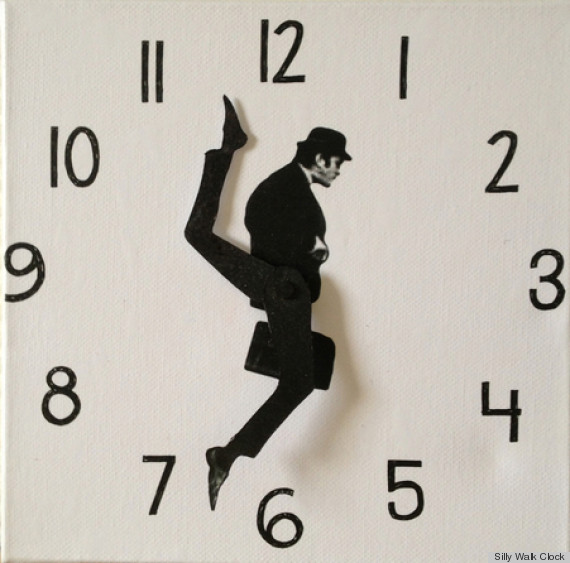1. Write in literary present tense. The text is alive and speaking to readers today, not just when it was written.
2. Create a thesis that not only addresses the prompt but offers an opinion that the essay can defend.
3. Maintain focus by checking that every sentence directly relates to the thesis. If a thought or sentence does not tie to the thesis, mark it out and continue.
4. Avoid plot summary. This death of a good essay begins with plot summary. Assume the reader knows the plot of a novel or understands the selected passage. Select specific evidence from the plot to use in supporting your thesis. Do not worry about being too specific as this is rarely a problem in timed essays.
5. Pay attention to diction and sentence style as these two elements will separate lower level essays from higher level ones. Vary the length and types of sentences. The mark of a mature writer is the ability to use a variety of sentences, and don’t underestimate the power of a simple sentence. A simple sentence, especially at the end of a paragraph, can pack a punch. Vocabulary practice and implementation throughout the year pay off in writing.
6. Integrate quotes into sentences. Avoid using two or three lines of quotes but instead just choose the words necessary and build them into the text. The rule in our class is quotes must be seven words or less which drives the student to analysis on specific evidence and provides opportunity to cover more material.
7. Focus on what you understand, not what is confusing. This seems obvious, yet every essay students become their own worst enemy when they read a passage and cannot make sense of it. I always encounter this when we write on “If I Could Tell You” by Auden (2002 prompt). This poem can be difficult, and students may not understand every part of it but are forced to write. My advice is write on what you know, do that well, and don’t let the discouragement of what you don’t understand become a mental barrier.
8. Think of the essay as a telescope giving the reader the ability to zoom in and look closely. A good essay provides specific evidence and analysis at the sentence and word level (or a specific scene if writing on a novel) always tying back to the overall meaning of a work. This is true whether writing about poetry or prose.
9. Make sure the essay shows a progression of ideas as opposed to repeating one idea over and over. Using transition words is essential in showing how thoughts build upon each other.
10. Write legibly. Readers are people, and people who have a hard time straining to read that are too small or too messy get grouchy. You do not want a grouchy personal grading your essay; trust me on this.
by Susan Barber

These top ten reminders for timed writings are incredibly helpful! Managing time effectively during writing tasks is crucial for success. One tip I particularly agree with is practicing writing under time constraints and supported by seeking assistance from top online class helpers. They can provide valuable support in taking online classes so you can focus on your writing skills easily.
ReplyDeleteYour reminders for timed writings were incredibly helpful! They took me back to when I was racing against the clock to finish my research manuscript before a deadline. I wanted it published in a reputable journal, but the submission guidelines were intense. That’s when I turned to a Scopus journal publication service—their timely support helped me polish and submit my work successfully. Just like your tips, their guidance was all about managing time and stress smartly.
ReplyDelete